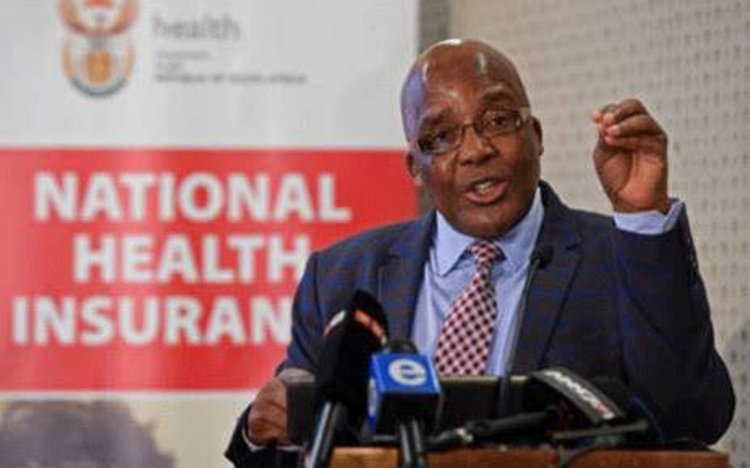Health Minister Engages Leaders in KZN on NHI Act and Universal Care Goals
The Department of Health said the Melmoth session is one of several outreach events designed to bring key community voices into the conversation.

- Country:
- South Africa
South Africa’s Minister of Health, Dr Aaron Motsoaledi, has met with leaders in the faith-based sector to discuss the National Health Insurance (NHI) Act, in a bid to deepen public understanding of the landmark reform and its implications for the country’s health system. The engagement, held today in Melmoth, forms part of a broader nationwide roadshow aimed at explaining how the NHI will transform healthcare access for all citizens, particularly those dependent on the underfunded and overstretched public health sector.
Building Understanding and Trust in NHI
The Department of Health said the Melmoth session is one of several outreach events designed to bring key community voices into the conversation. Since President Cyril Ramaphosa signed the NHI Act into law in May 2024, the ministry has received numerous requests from across society—including traditional leaders, trade unions, religious bodies, civil society organisations, and youth groups—to hold dedicated consultations.
In its advisory, the department stressed that “the NHI Act is not just a policy but a promise of a better, healthier future for every South African.” The roadshow aims to demystify the legislation, outline its benefits, and address concerns from stakeholders who will play a vital role in its rollout.
Universal Health Coverage as a National Goal
At the core of the NHI vision is the principle of universal health coverage—ensuring that every South African has access to quality healthcare regardless of income or employment status. The system is designed to provide financial protection by pooling resources and purchasing services strategically, thereby eliminating the need for individuals to pay directly at the point of care.
Motsoaledi told attendees that the NHI represents a fundamental shift in how health services will be financed and delivered. By consolidating funds and streamlining service procurement, the state can direct resources where they are most needed, reduce duplication, and improve efficiency across both public and private sectors.
Tackling Inequalities in Healthcare
South Africa’s health system remains highly unequal, with a small portion of the population accessing private care while the majority depend on a public system that faces chronic resource shortages. Motsoaledi emphasised that the NHI seeks to level this playing field. “We cannot continue with a two-tier system where your health outcomes are determined by your financial means,” he said.
Faith-based organisations, which often provide community health outreach, are seen as critical partners in bridging the gap between government policy and grassroots understanding. Their involvement can help ensure that information about the NHI reaches remote and marginalised communities.
Nationwide Engagement and Implementation Pathway
The nationwide NHI roadshow will continue in other provinces over the coming months, with sessions tailored to different sectors of society. Officials have indicated that the rollout of the NHI will be phased, beginning with strengthening existing health infrastructure, improving patient referral systems, and integrating private sector participation into a unified national framework.
Motsoaledi reiterated that successful implementation will require collaboration across all spheres—government, civil society, healthcare professionals, and the general public. “This is a collective journey. For the NHI to succeed, we need every South African to understand it, support it, and hold us accountable for its delivery,” he concluded.










